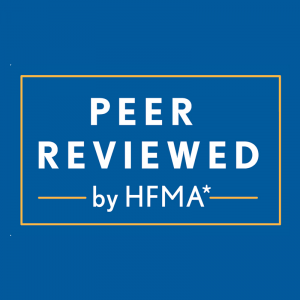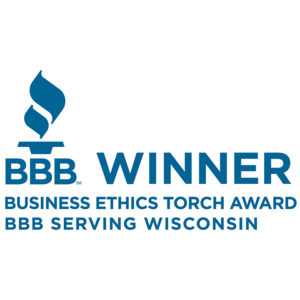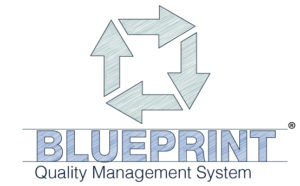Compliance with state and federal laws and regulations as well as client policies is the foundation upon which all of our collection efforts are built. Without a strong compliance foundation, any business that is heavily regulated will ultimately struggle. A strong foundation, in the context of the collection industry, means procedures reasonably adapted to prevent errors, procedures designed to help employees achieve performance standards in a compliant manner and training to provide guidance in complying with those procedures.
Basic procedures should address: how you control information provided to your business by your clients; tracking activities that occur and relate to the information provided by the client; controls over the activities engaged in by employees and vendors; training; and, auditing and testing of your procedures. In addition, procedures should address issues you discover in your daily activities and through internal and external audits; that is, your procedures should address how you go about correcting issues that arise so that they do not occur again. While perfection is not possible, nor is it required, correcting issues is the essence of designing and maintaining procedures reasonably adapted to prevent errors.
When developing a procedure, the law and client policies are carefully considered along with maintaining an atmosphere in which employees can succeed. For us, that means, when it comes to the law and client policies, we need to address compliance with the Health Insurance Portability and Accountability Act and each client’s policy and how we use and disclose protected health information. It means we must consider, among many other laws, the Fair Debt Collection Practices Act, Fair Credit Reporting Act and Telephone Consumer Protection Act and how each of those laws affects our daily business. It includes consideration of specific state laws concerning things like contacts and responsible parties. And those procedures must be revised and updated as laws are changed, as the interpretation of laws by the courts shifts, and as new regulations arise. In order for our employees to experience success, compliance with the law is of primary importance. Success is also achieved through the creation and positive use of measurements.
After the procedures are in place, training occurs. Training must take place not only with the adoption of new procedures, but as procedures are revised to reflect changes. So training is continuous and evolves as procedures change with each shift in law, regulation or policy.
Procedures provide guidance to each department and employee on what is expected. With expectations set and proper training, every employee can help maintain the solid base that is built upon proper and compliant procedures.
About State Collection Service, Inc.
Since 1949, State Collection Service has provided quality collection service to countless healthcare organizations.
Through experience and innovation, State Collection Service has grown to become a tremendously credible and nationally-recognized collection agency offering services from pre-registration to bad debt. It is upon the basis of ethical behavior and a dedication to integrity that each State Collection Service employee works to uphold the company’s vision – Partnerships for a Lifetime.
*This article first appeared in “A State Collection Service, Inc. Newsletter Volume 23, Issue 3, Third Quarter 2017”















